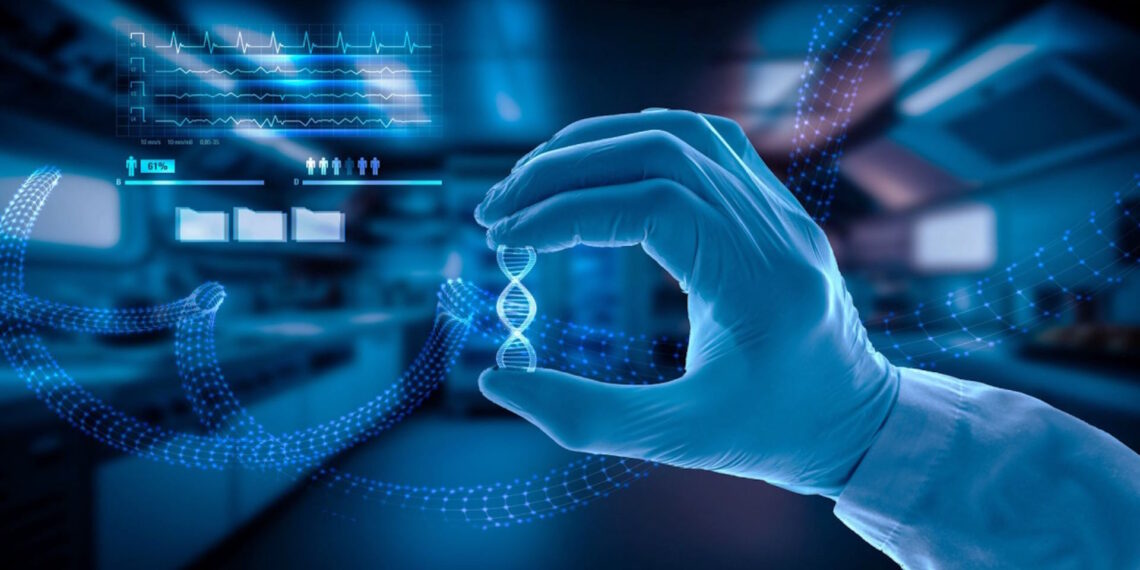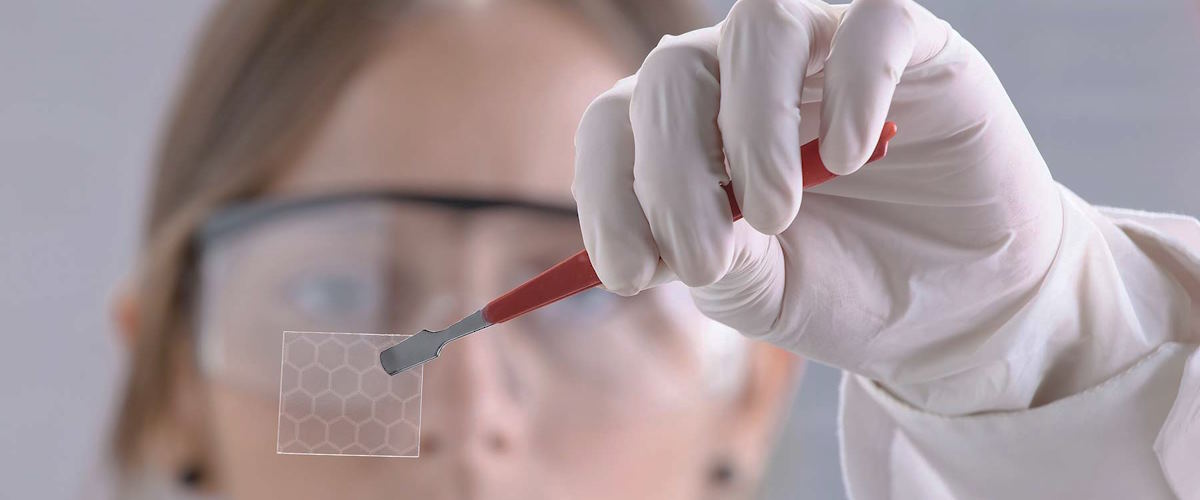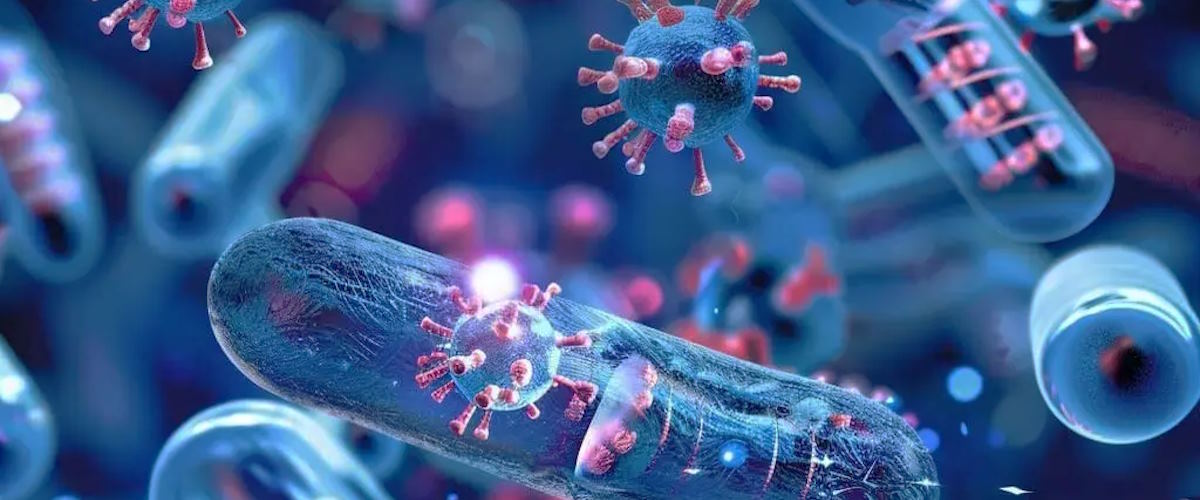How Nanotechnology Is Revolutionizing Medicine and Engineering

Nanotechnology is emerging as a game-changer in both medicine and engineering, offering transformative possibilities for a range of applications. This article explores the revolutionary impact of nanotechnology, particularly in nanomedicine for targeted drug delivery, its role in tissue engineering and regenerative medicine, and the development of nano-enabled devices for precision surgery and diagnostics.
Advancements in Nanomedicine for Targeted Drug Delivery
Nanotechnology has made significant strides in nanomedicine, enabling precise and targeted drug delivery methods that were previously unimaginable.
- Targeted Drug Delivery: Nanoparticles can be engineered to deliver drugs directly to affected cells or tissues, minimizing side effects and improving the efficacy of treatments.
- Cancer Treatment: Nanoparticles are used to deliver chemotherapy drugs directly to tumor cells, avoiding healthy tissue and reducing the toxic effects of traditional chemotherapy.
- Controlled Release: Nanomedicines can be designed to release drugs over a specific period, providing sustained therapy and improving patient compliance.
These advancements in drug delivery have the potential to drastically improve the effectiveness of treatments while minimizing adverse reactions.

Nanotechnology’s Impact on Tissue Engineering and Regenerative Medicine
Nanotechnology is playing a pivotal role in tissue engineering and regenerative medicine, offering new solutions for repairing damaged tissues and organs.
- Regeneration of Tissues: Nanomaterials can mimic the structure and function of natural tissues, allowing for the regeneration of damaged cells, bones, or organs.
- Scaffolds for Tissue Growth: Nano-engineered scaffolds provide a structure that promotes the growth of new cells and tissues, aiding in the repair of injuries or diseases that affect organs like the heart, liver, or skin.
- Stem Cell Therapy: Nanotechnology is enhancing stem cell therapies by delivering stem cells to specific locations in the body where they can repair or regenerate damaged tissues.
With these innovative treatments, nanotechnology is transforming the possibilities for regenerative medicine, offering hope for patients with previously untreatable conditions.

Nano-Enabled Devices for Precision Surgery and Diagnostics
Nano-enabled devices are revolutionizing the fields of precision surgery and diagnostics, providing tools that enable more accurate procedures and earlier detection of diseases.
- Precision Surgery: Nanotechnology allows for the development of incredibly small surgical instruments, providing surgeons with greater precision and control, resulting in minimally invasive procedures.
- Diagnostic Tools: Nano-based sensors can detect diseases at the molecular level, enabling earlier diagnosis of conditions like cancer, heart disease, and neurological disorders.
- Real-time Monitoring: Nano-enabled diagnostic devices can continuously monitor a patient’s health and provide real-time feedback, enhancing the management of chronic conditions.
These advancements in precision medicine are improving both the accuracy and outcomes of medical interventions, leading to better patient care.
The integration of nanotechnology into medicine and engineering is ushering in a new era of innovation. From targeted drug delivery and regenerative medicine to nano-enabled precision devices, nanotechnology is revolutionizing how we approach health and wellness. As research and development continue, the potential for nanotechnology to improve patient outcomes and advance medical treatments will only grow, paving the way for a future where medicine is more precise, effective, and personalized.

